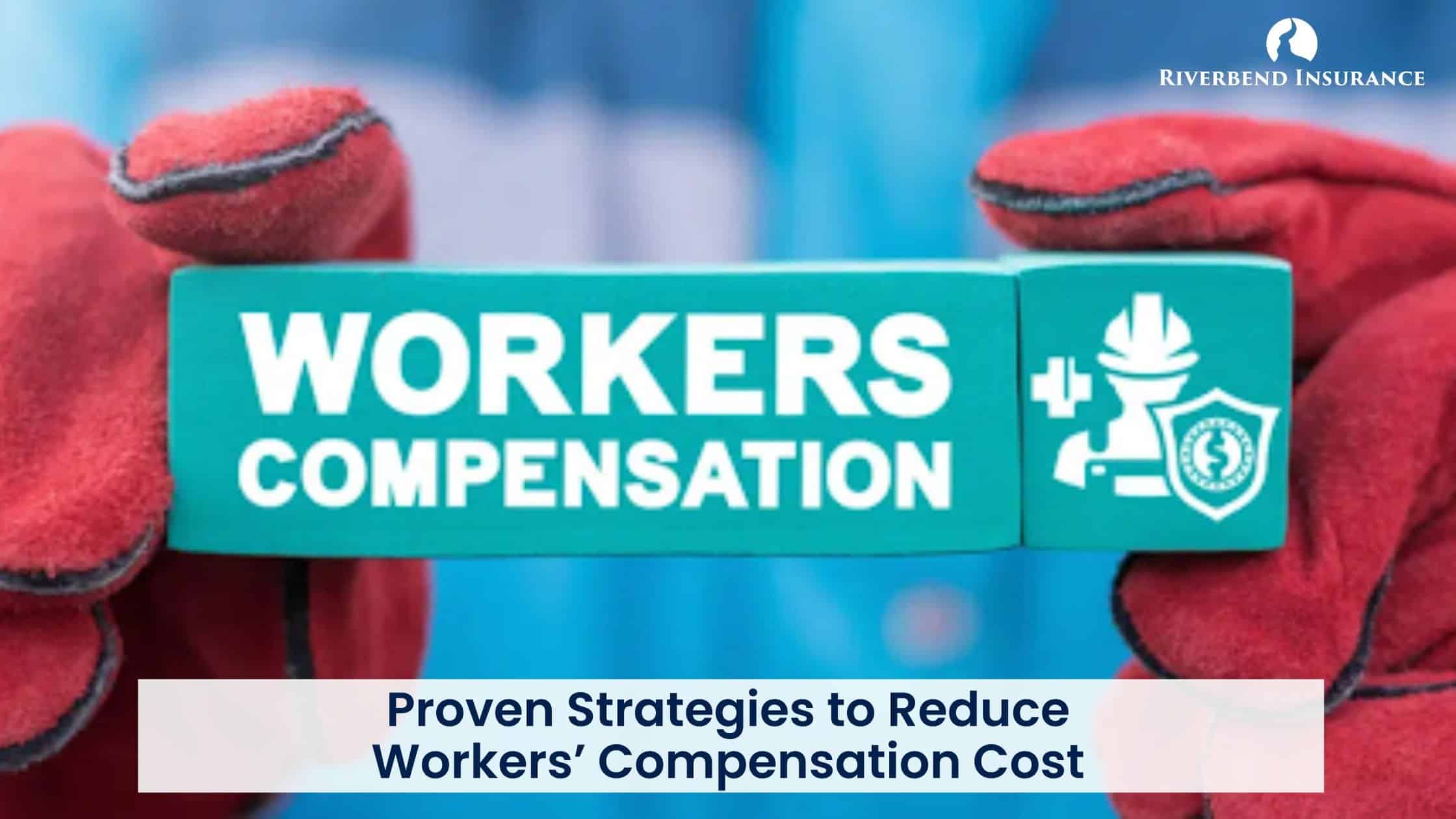Workplace safety is a top priority for any business. Not only does it protect your employees from harm, but it also plays a significant role in reducing workers’ compensation costs. According to the National Safety Council, the total cost of work-related injuries in the United States exceeds $170 billion annually. As a business owner or manager, implementing strategies to lower these costs is crucial for your company’s financial health. In this blog, we’ll discuss three proven strategies to help you reduce workers’ compensation costs.
- Set Up a Safety ProgramThe cornerstone of any successful effort to reduce workers’ compensation costs is a well-structured safety program. This program should be comprehensive, proactive, and integrated into your company’s culture. Here’s how you can set up an effective safety program:
- Identify Hazards: Start by identifying potential hazards in your workplace. This process includes everything from slippery floors to faulty machinery. Conduct regular inspections and involve your employees in hazard identification.
- Training and Education: Train employees on safe work practices, equipment operation, and emergency procedures. Regular safety meetings and workshops can help reinforce the importance of safety.
- Safety Policies: Try to develop clear safety procedures and policies that are easy to understand and follow. Make sure employees know how to report unsafe conditions and incidents.
- Safety Incentives: Consider implementing safety incentives to motivate employees to follow safety protocols. Recognizing and rewarding safe behavior can go a long way in preventing accidents.
- Build a Return-to-Work ProgramInjuries are an unfortunate reality in any workplace. However, how you manage these injuries can significantly impact your workers’ compensation costs. A well-designed return-to-work program can reduce these costs by returning injured employees to work as soon as possible. Here’s how to create one:
- Early Communication: Establish open communication with injured employees. Stay in touch during their recovery process and make them feel valued.
- Modified Duties: Identify tasks injured employees can perform within their physical limitations while recovering. This keeps them engaged and prevents the accumulation of lost workdays.
- Coordination with Healthcare Providers: Collaborate closely with healthcare providers to determine when employees can safely return to work. Ensure that medical professionals understand your company’s requirements for modified duty.
- Documentation: Maintain detailed records of all injury-related communication, medical evaluations, and return-to-work plans. This documentation is essential if disputes arise.
- Join a Professional Employer Organization (PEO)A PEO is an organization that can help your business manage several HR functions, including workers’ compensation. By partnering with a PEO, you gain access to their expertise and resources, which can lead to cost savings in multiple ways:
- Group Insurance Rates: PEOs often negotiate group insurance rates for workers’ compensation, which can be more favorable than what individual businesses can secure.
- Risk Management: PEOs have experience in risk management and can help you implement safety programs, create return-to-work plans, and handle claims efficiently.
- Compliance: PEOs stay up-to-date with the ever-changing legal landscape. They can ensure that your business complies with all workers’ compensation laws and regulations.
- Administrative Efficiency: Outsourcing HR functions to a PEO can free up your time and resources, allowing you to focus on growing your business.
Reducing workers’ compensation costs is essential for the success and sustainability of your business. Implementing the above-mentioned strategies can help you achieve that goal. However, every business is unique, so it is crucial to tailor these strategies to your needs and circumstances.
Protect Your Workers with Riverbend Insurance
For further guidance and to explore how Riverbend Insurance can assist you in optimizing your workers’ compensation program, contact us today. Our team of experts is ready to work with you to create a customized solution that aligns with your business objectives while minimizing workers’ compensation costs. Contact us today and take the first step towards a safer, more cost-effective workplace. Your employees’ safety and your bottom line will thank you for it.


